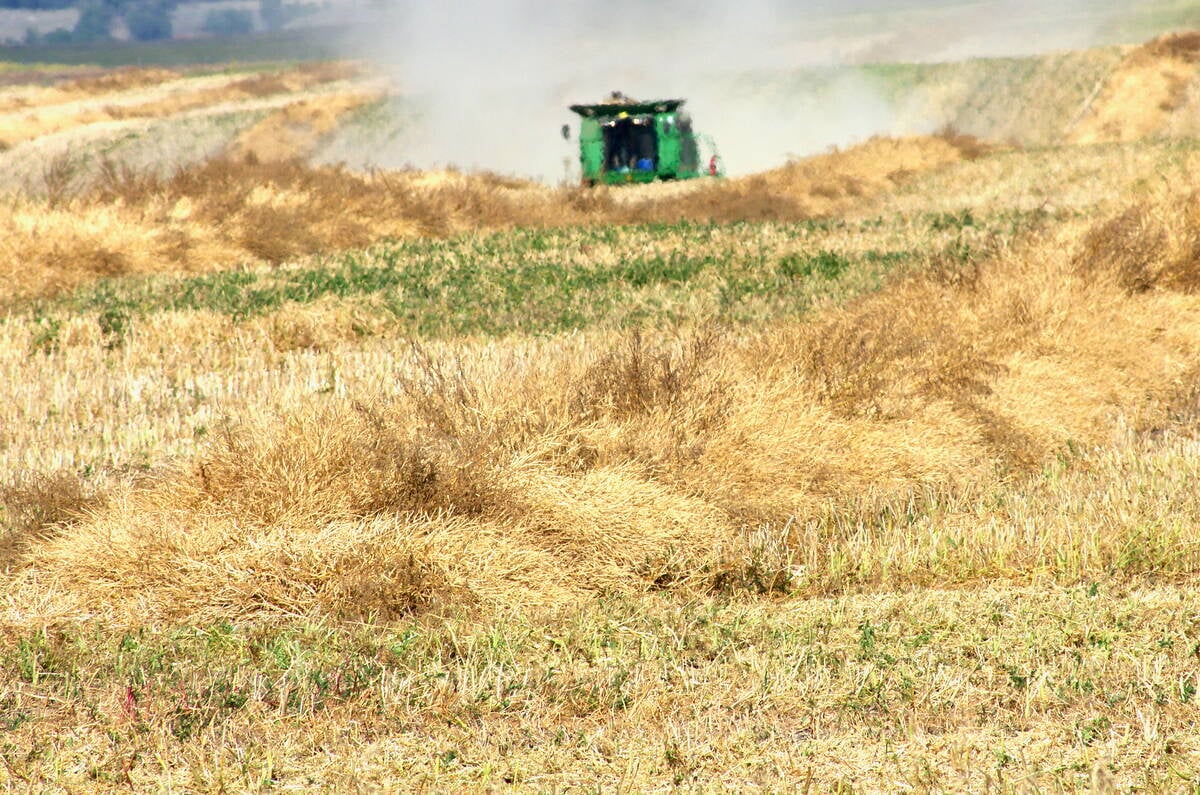American pig producers have been stripped of one of their strongest legal protections.
And one expert thinks the United States Supreme Court’s decision will push more hog production to relatively empty places like the Canadian Prairies.
“This is a major change in the last couple of days,” said Purdue University hog industry researcher Mike Boehlje.
The Supreme Court refused to hear an appeal of a lower court ruling that threw out Iowa’s right-to-farm law. Iowa is one of the largest hog-producing states.
Right-to-farm laws protect agricultural operations from nuisance lawsuits, so long as the farmer is operating within accepted standards and with reasonable practices. Most American states and Canadian prairie provinces have these laws.
Read Also

Manitoba searches for Plan B on canola oil exports
A new report explores Manitoba’s current canola oil trade and possible alternative markets to the U.S.
The Iowa supreme court ruled that allowing farming operations to reduce the enjoyment of other nearby landowners was “a commandeering of valuable property rights without compensating the owners and sacrificing those rights for the economic advantage of a few.”
Under Iowa’s Farmland Preservation Act of 1982, landowners could ask that land to be designated as an agricultural area. Five years ago a landowner who wanted to build a hog barn asked that the land be designated.
Two local farmers challenged the 1982 law that creates the special designation. The trial court judge threw out the lawsuit, but the Iowa Supreme Court reinstated it and threw out the right-to-farm law.
A multi-state coalition of farm and pig producer groups petitioned the U.S. Supreme Court to overrule the Iowa decision, but it refused to review the case.
That leaves the law dead and U.S. producers wondering whether their state laws will stand up to legal challenges.
Boehlje said he thinks that urbanization and population growth around the world will lead to fights between farmers and their neighbors. That will push the industry to relocate from populated areas.
“I think there are more places in the prairie provinces where you can have fewer people and animal conflicts,” said Boehlje.














